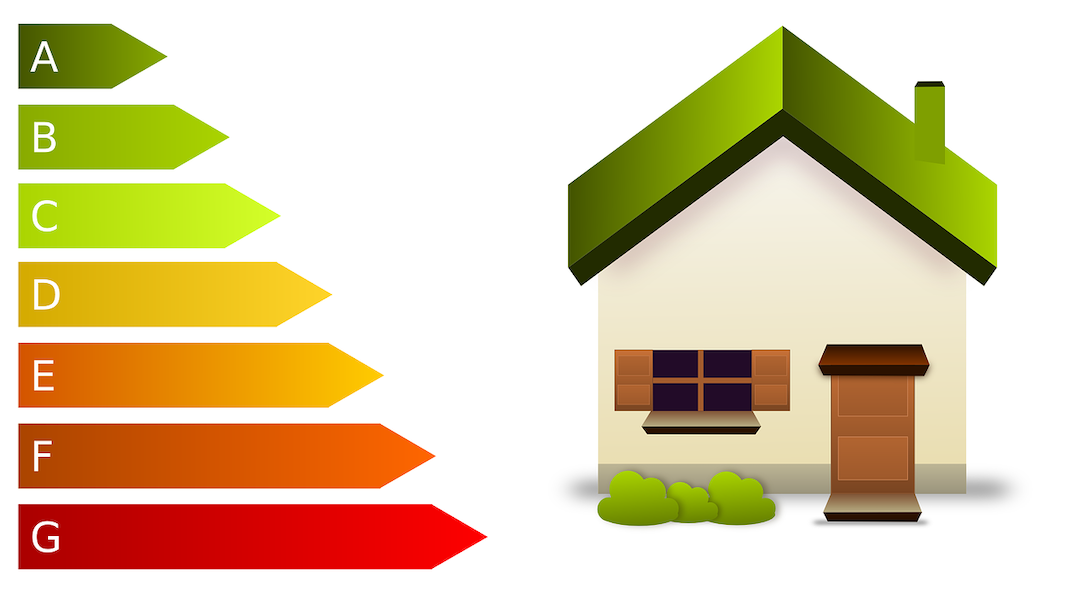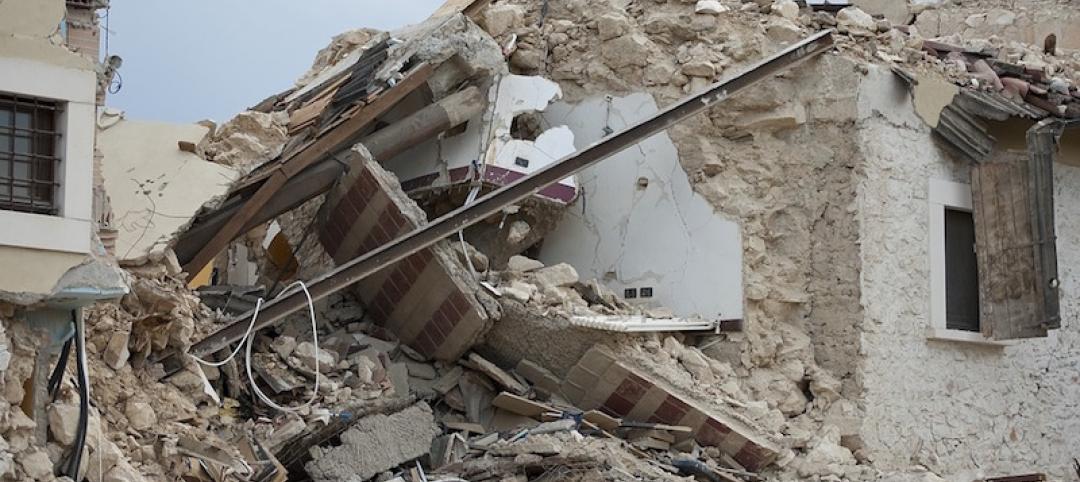Recent findings from the Better Buildings Partnership raise serious questions about the efficacy of energy efficiency ratings used in the United Kingdom.
The study found that buildings that have received the highest rating—an A Energy Performance Certificate—use more energy than some of their peers rated C, D, E, or F. The analysis of self-reported energy data in 2020 for more than 1,100 commercial properties found that the median energy intensity for all B-rated buildings is higher than for C-rated buildings.
The disparity between how buildings are designed and their actual greenhouse gas emissions is widespread in the U.K. The findings are in line with past evidence that green building certifications based on predicted energy use don’t necessarily translate to energy savings in the field.
Some studies have found that LEED certification yields better energy efficiency, but others have found that certified buildings use more energy than non-certified buildings. The U.S. Green Building Council maintains that its own research shows certified buildings are overall more efficient.
Part of the explanation for the disparity between ratings systems and real-world results could be due to the limitation of assessments that only predict potential energy efficiency. In practice, building management systems may not be set up or used properly. In addition, people sometimes undo the efficiency design by bringing fans into buildings or installing additional air conditioners.
Related Stories
Codes and Standards | Apr 12, 2017
Trump infrastructure task force suggests arbitration to speed projects
Permitting process could be reduced from 10 years to 2 years under the proposal.
Codes and Standards | Apr 11, 2017
2017 National Energy Codes Conference includes code boot camp, PNC Tower tour
The DOE-sponsored event will be held in Pittsburgh July 17-20.
Codes and Standards | Apr 10, 2017
Congressional hearing on skills gap includes look at construction industry
Strategies to boost ranks of construction workers include mentoring programs, increased safety measures, trade group support, and outreach to school counselors.
Codes and Standards | Apr 6, 2017
Product-specific EPDs seen as key aid to earning green building credits
The product-specific EPDs allow designers to more quickly earn a LEED v4 credit in the Materials & Resources category.
Codes and Standards | Apr 5, 2017
Updated AIA Disaster Assistance Handbook released with significant enhancements
Updates provide guidance on how design and construction pros and emergency managers can work together to prepare for and respond to disasters.
Codes and Standards | Apr 4, 2017
Global standards for indoor environmental monitoring under development
Systems and sensors guidelines will be aligned with major green standards.
Codes and Standards | Apr 3, 2017
New standard test method for static loading and impact on exterior shading released
The method provides a standard lab procedure evaluation of ice and snow loads and impacts.
Codes and Standards | Mar 30, 2017
WELL enters strategic partnership with developer of standards and assessment tools
GIGA’s RESET standard and data collection will be integrated into the WELL standard.
Codes and Standards | Mar 29, 2017
Climate-specific code changes target energy savings for tropical zones
Hawaii considers updated 2015 IECC tailored to its climate.
Codes and Standards | Mar 28, 2017
Safety concerns over wood-frame construction raised after Raleigh apartment fire
The unfinished building was destroyed in a five-alarm blaze.

















